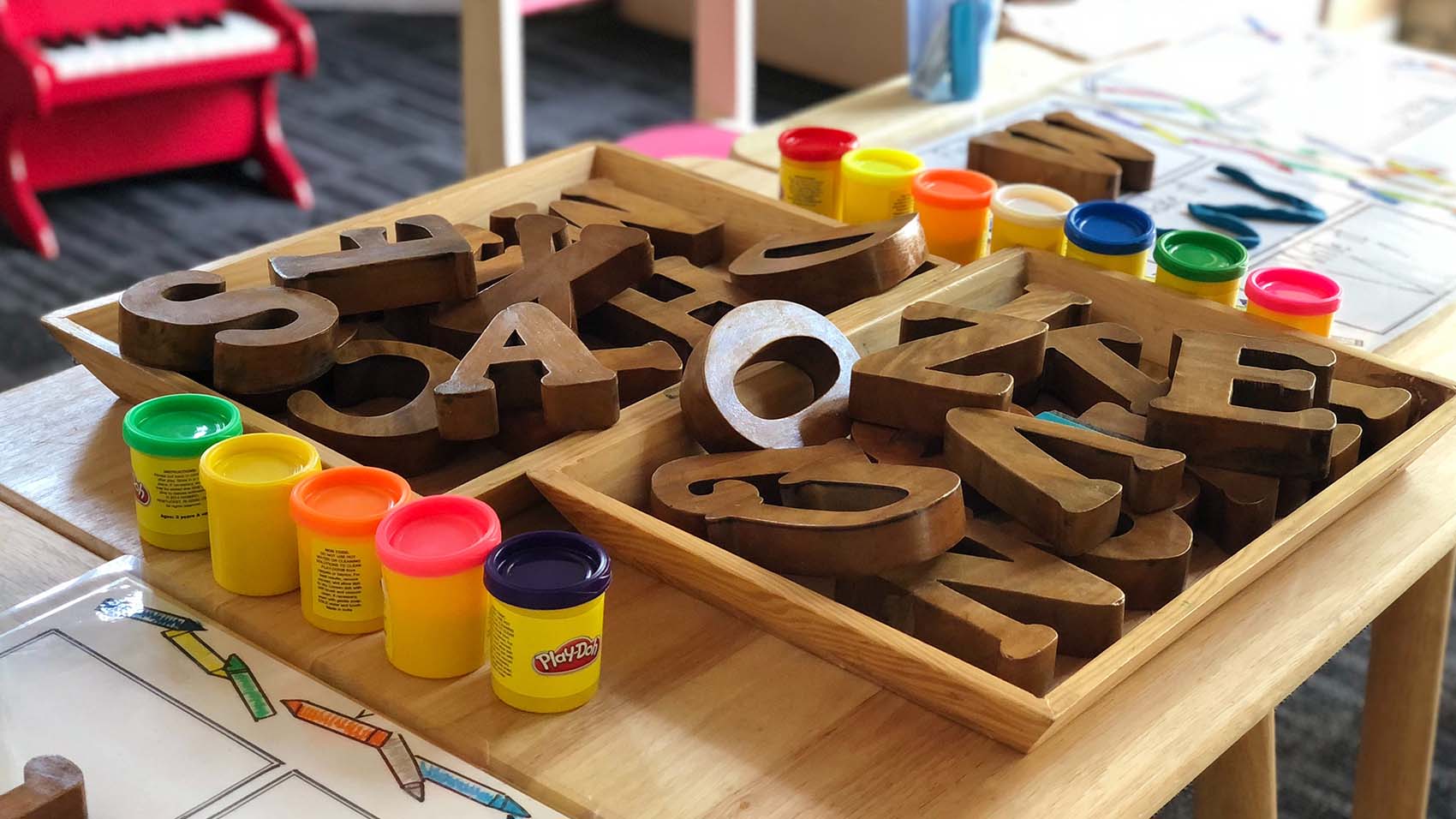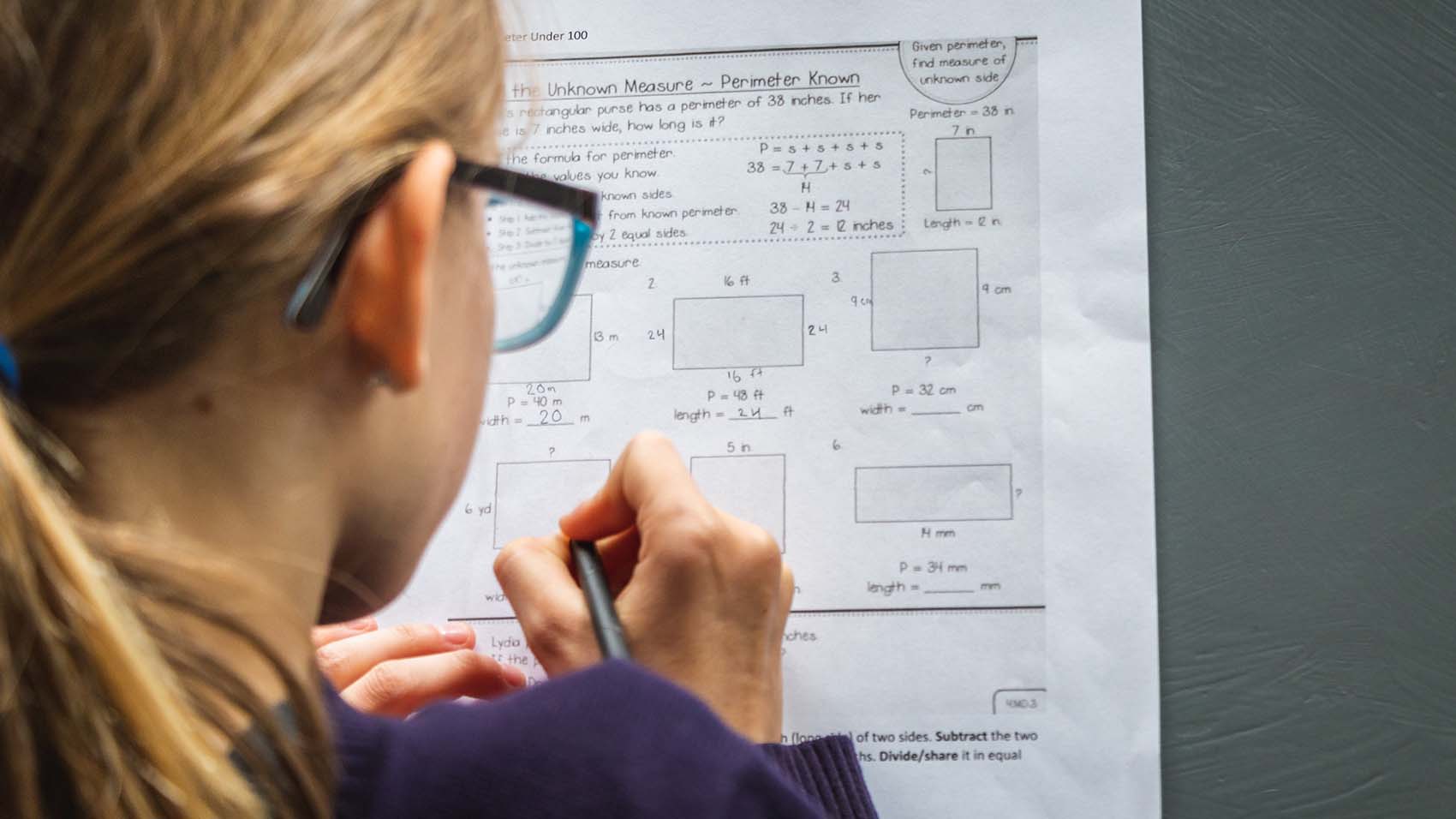Homeschooling: How to Get Started and Make it Work for Your Family

Millions of parents have started homeschooling their children in recent years. For good reason.
As children grow up, they are taught how to think in a certain way. This usually involves attending school, following rules, and meeting deadlines.
But what if there was another way to think? A way that was more creative and individualized?
That's the promise made by homeschooling. Homeschooling lets you provide a personalized education for your child and have control over what they learn.
In this post, you'll learn tips on how to get started with homeschooling and discover the most common curriculums.
What is homeschooling and why do people choose it
Homeschooling is a form of education in which parents teach their children at home rather than sending them to school.
The main reason people choose to homeschool is a lack of trust in the public and private school systems. Some parents feel traditional education does not meet their child's needs. And they want more control over their child's development.
Because every child is unique, there is no one-size-fits-all approach to homeschooling. We'll learn below it can be tailored to meet the needs of different families.
How to get started with homeschooling
If you're thinking about homeschooling your child, there are a few things you need to do to get started.
First, you need to research the homeschooling laws in your state. Each state has different laws on homeschooling. It's important to know your requirements.
Once you know the homeschooling laws in your state, look into curriculum options. There are many different curriculum choices available, so you'll need to find one that meets your child's needs and your family's goals.
Going from a traditional school to home education can be challenging. Planning a deschooling phase may help to prepare your child.
Your kid may first feel as though he is on vacation and refuse to engage in any kind of learning. He'll sleep late, play video games, and spend time on his phone.
Instead of guilting or arguing with your child, give her time. Let him explore his interests and gravitate back to learning on his own.
Honoring the unschooling phase will help both parents and children stay sane.

Different curriculums and approaches to homeschooling
There are many different curriculums and approaches to homeschooling.
Some families prefer to use a traditional school curriculum. Others prefer to combine different curricula and teaching methods.
The Charlotte Mason Method
One popular approach to homeschooling is the Charlotte Mason Method. It emphasizes a child's natural love of learning. It uses living books, nature study, and hands-on activities to help children learn.
The Montessori Method
Another popular homeschooling approach is the Montessori Method. It focuses on allowing children to learn through exploration and discovery. This method includes a prepared environment with materials designed to help children learn through all 5 senses. Like thermic tiles, movable alphabets, or beads.
The Classical Method
The Classical Method uses a traditional curriculum. You will teach your children the basic subjects of language, math, science, and history. This model is closest to the traditional school curriculum.
Unschooling
And then, there's unschooling, a method whereby children learn based on their interests. Parents do not direct their child's education. Instead, they allow the child's curiosity to guide the learning process. This approach is often seen as more democratic and allows children to develop at their own pace.
No matter what curriculum or teaching style you choose, the important thing is to find one that works best for your child.

The benefits of homeschooling
Individual approach
Homeschooling allows children to learn in a personalized environment. This can be particularly helpful for children with learning differences or special needs.
You're in charge of the curriculum. This means you can tailor it to fit your child's needs and interests. It makes your life easier but also helps them better learn and remember information.
More control over your child's education
Homeschooling can also be a great option for families who want more control over their child's education.
You can choose the curriculum and teaching methods that you feel us most appropriate. You have more freedom to shape your child's learning experience around the values and subjects you see as important.
Personal development
With homeschooling, children have more time to explore their interests and passions. They spend more time doing what they love, whether that be academics, the arts, or sports. This can help them develop a passion for their chosen fields and be more fulfilled.
How to make homeschooling work for your family
Homeschooling can be a great option for many families. But it's important to make sure it's the right fit for you. If you're thinking about homeschooling, take the time to research your options.
Here are a few tips to help you make homeschooling work for your family:
Find a support group. Homeschooling support groups provide guidance, advice, and practical resources to help you succeed.
Give it some time. It's important to be patient when you first start homeschooling. Your child may take some time to adjust. Be prepared for a bit of a learning curve. With time and patience, you'll both be able to find a homeschooling routine that works for you.
Be flexible. Homeschooling doesn't have to look like traditional schooling. Be flexible in your approach and be willing to adjust as needed. The important thing is to focus on what's best for your child and your family.
Have realistic expectations. Don't expect homeschooling to be perfect. There will be good days and bad days, like with anything else. As long as you're doing your best, that's all that matters.

Common misconceptions about homeschooling
Here are a few of the most common misconceptions about homeschooling:
1. Homeschooling is only for children who are struggling in school
This is not true. Homeschooling can be a great option for any child, whether they're struggling in school or not. Every child is different, so each family has to decide what's best for their child.
2. Homeschooling takes too much time
Homeschooling does take some time and effort, but it doesn't have to be all-consuming. There are many ways to homeschool. You are free to create a curriculum that fits your family schedule.
3. Homeschooling is too expensive
Homeschooling does involve some expenses. But it does not have to be more expensive than other educational options. There are many affordable resources and materials available that can help you get started with homeschooling on a budget.
4. Homeschooled children miss out on social opportunities
Homeschooled children may not have the same opportunities to make friends as their peers who attend traditional schools. But there are other ways for homeschooled children to connect with other kids. They can develop social skills through extracurricular activities and local events.
5. Homeschooling means giving up your career
Homeschooling doesn't mean giving up your career. You can homeschool part-time or even full-time while still working. With some planning and flexibility, you can make it work for your family.
Conclusion
So you’ve decided to homeschool. Congratulations! It’s a great decision for many families. But where do you start? How do you make it work for your family?
There are many different ways to homeschool. Some families use a strict curriculum, while others take a more relaxed approach. It’s important to find what works best for your family and your child. There are also many resources available to homeschoolers, so don’t be afraid to ask for help.
If you’re new to homeschooling, get involved with the homeschooling community and learn from other parents.



